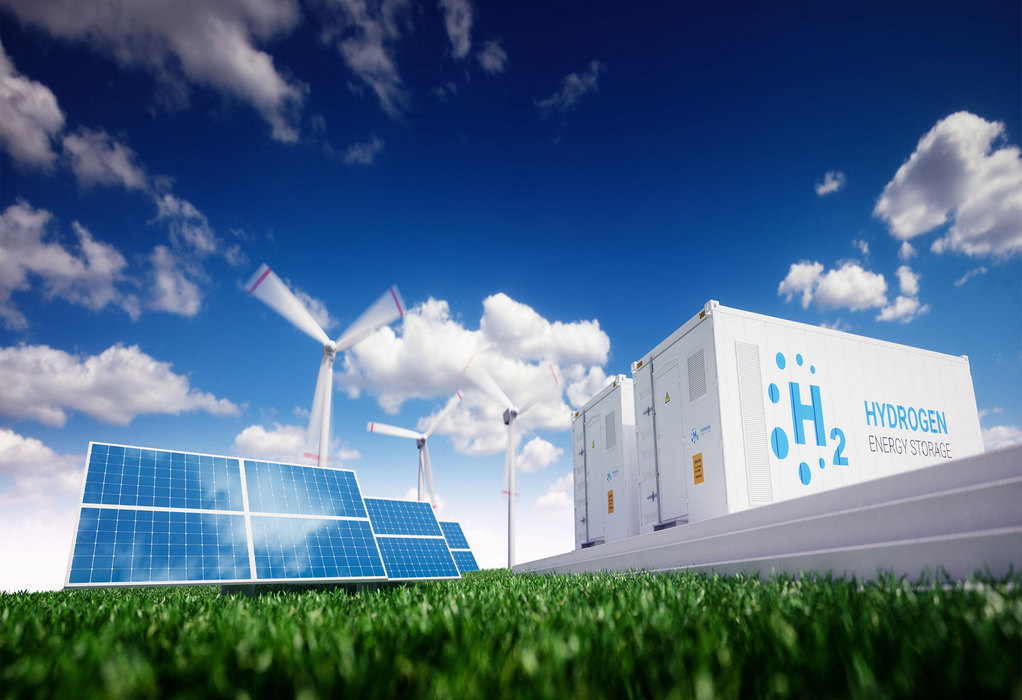Researchers at the Indian Institute of Science (IISc) have developed an innovative technology that can produce hydrogen from biomass.
The process consists of two steps. In the first step, biomass is converted into syngas — a hydrogen-rich fuel gas mixture — in a novel reactor using oxygen and steam. In the second step, pure hydrogen is generated from syngas using an indigenously developed low-pressure gas separation unit.
Both these technologies ensure that this process is a highly efficient method of generating green hydrogen — it produces 100 g of hydrogen from 1 kg of biomass even though only 60 g of hydrogen are present in 1 kg of biomass.
Most of the hydrogen currently in use comes from fossil fuels through a process called the steam methane reforming route. Now, the team has found a way to extract green hydrogen from biomass, a renewable energy source.
India uses nearly 50 lakh tonnes of hydrogen for various processes in different sectors, and the hydrogen market is expected to grow substantially in the coming years.
The team was led by S. Dasappa, Professor at the Centre for Sustainable Technologies, and Chair of the Interdisciplinary Centre for Energy Research at IISc.
The project was supported by the Ministry of New and Renewable Energy and the Department of Science and Technology of the Government of India. The Indian Oil Corporation Limited was further instrumental in scaling up the technology to produce 0.25 tonnes of hydrogen per day for use in hydrogen-powered fuel cell buses.
Tags: Biomass, Green Hydrogen, Hydrogen, IISc, India, Reactor



Recent Posts
Royal Caribbean Welcomes LNG-Fueled Star of the Seas to Its Fleet
Swire Shipping Launches ‘Voyage to Zero’ to Help Customers Cut Scope 3 Emissions Swire
Pinnacle Marine Launches B100-Powered President 100 for Biofuel Trials
Assam Puts Green Hydrogen Policy on Hold, Investors Reassess Plans
MNRE and Odisha Chart Roadmap for National Green Hydrogen Mission
Hyundai Glovis to Retrofit Seven PCTCs with Avikus AI Navigation System
Super Terminais orders three more Konecranes Gottwald ESP.10 Mobile Harbor cranes
Covestro and HGK Shipping Extend Partnership to 2040 with Focus on Wind-Assisted Vessel Retrofit